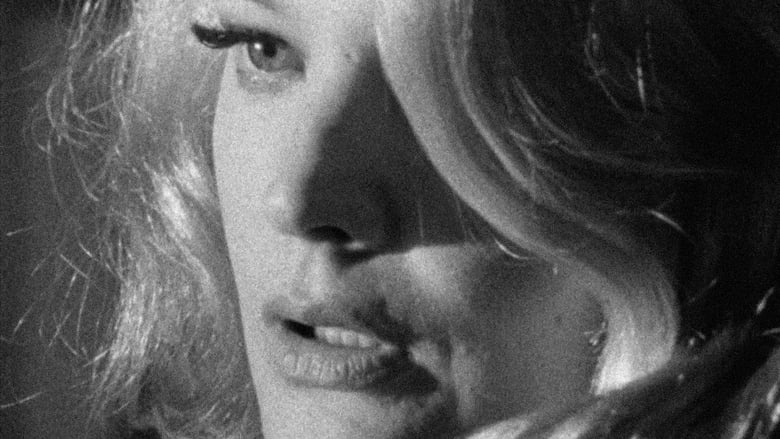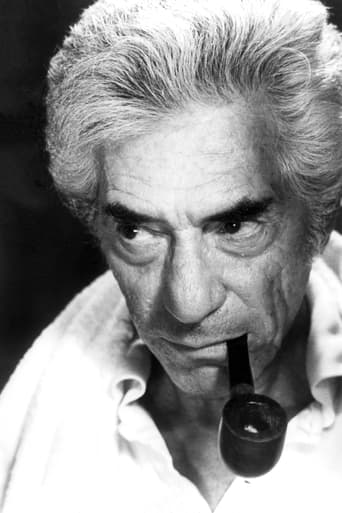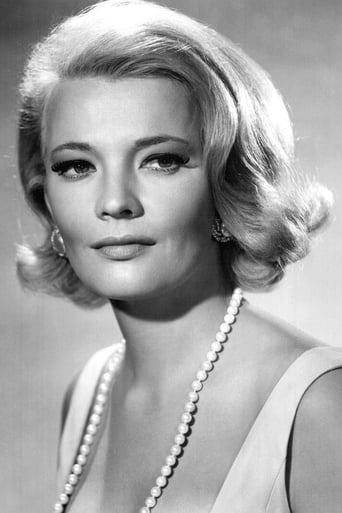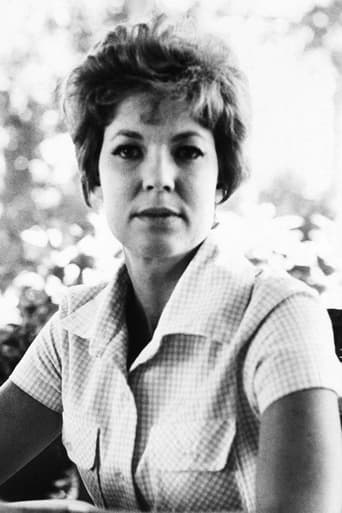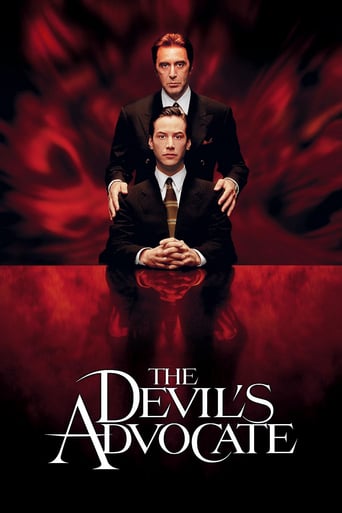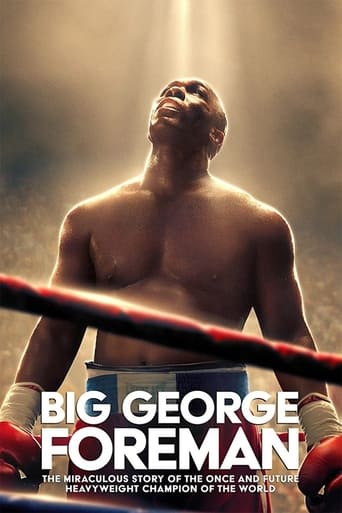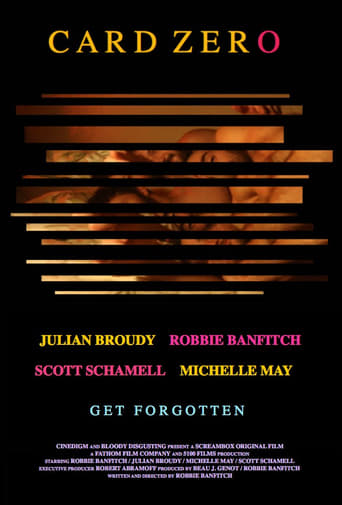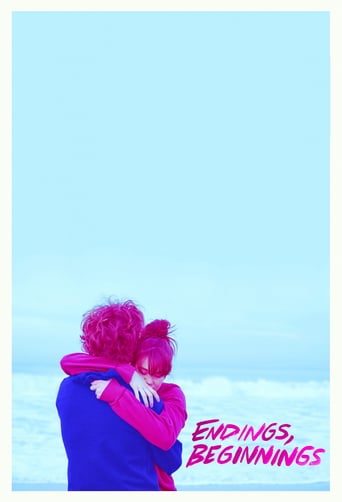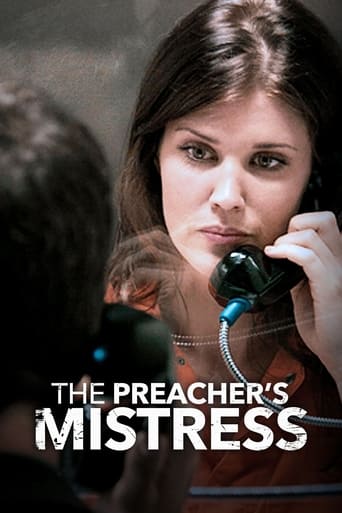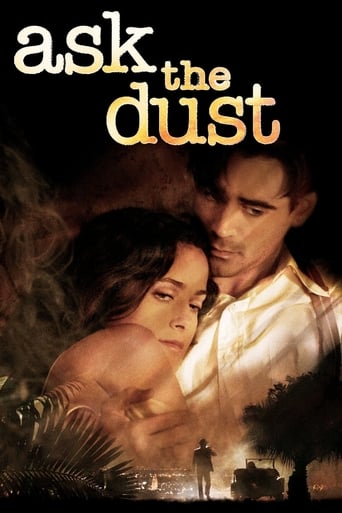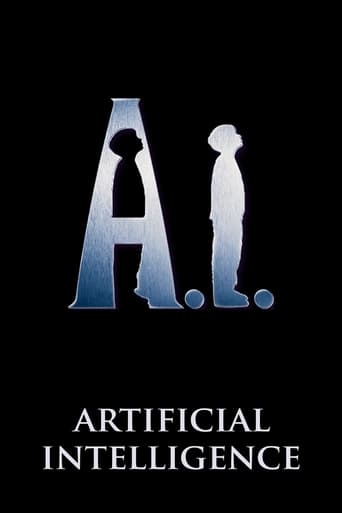Faces (1968)
Middle-aged suburban husband Richard abruptly tells his wife, Maria, that he wants a divorce. As Richard takes up with a younger woman, Maria enjoys a night on the town with her friends and meets a younger man. As the couple and those around them confront a seemingly futile search for what they've lost -- love, excitement, passion -- this classic American independent film explores themes of aging and alienation.
Watch Trailer
Free Trial Channels
Cast


Similar titles
Reviews
Most undeservingly overhyped movie of all time??
i know i wasted 90 mins of my life.
Better Late Then Never
Watch something else. There are very few redeeming qualities to this film.
The American Dream, from the '60s standpoint, was supposed to be a fantasy lived by Lucy and Ethel and the Bradys. But "Life", "Vanity Fair", and "Photoplay" tended to stretch the truth for the sake of eye catching imagery, all red lipstick, picnic baskets, Ford convertibles, and not much else. And while Debbie Reynolds and Dick Van Dyke told us how we should be looking, acting, feeling, the rest of the world shifted in its mindset, going from years of repression to a sudden soul searching state of disillusion, increasingly thrown off course by the sexual revolution, Vietnam, and Watergate. I'm sure some of the period's population was decently happy, but a time of changed attitudes and values can only lead sights and sounds into places unexplored before, unsatisfying at their revelatory peaks."Faces", a defining film in the astonishing breadth of the daring '60s, grabs The American Dream by its lapels and throws its ideals down a life-sized paper shredder, screaming in our faces that Doris Day and her well-off friends lied — adorable romantic misunderstandings and colorful lifestyles is not the America America knows. It's just a drippingly chintzy version of one. So with its grainy, 16 mm black-and-white, emotive actors, and innate directorial style (courtesy of auteur John Cassavetes), "Faces" is one of the few films that convincingly captures the hardships that lacerate everyday life, placing each and every one of its characters at the center of a crisis and watching, unsparingly, how they handle it.Following the disintegration of a fourteen year marriage over the course of a series of drunken nights, "Faces" examines Richard (John Marley) and Maria Forst (Lynn Carlin) as they attempt to navigate their loose vulnerabilities after Richard suddenly announces he wants a divorce. The proclamation makes perfect sense to Richard — he's been cheating on his wife for years (the film opens with a boozy get-together that sees him and his friend entertaining a couple of prostitutes) — but the exclamation nearly tears Maria in half. Though she's been unhappy for far too long, there's an underlying feeling that she really does love her husband, and while the union has run its course, she doesn't want to be alone in this cold, cruel world.They spend the next few nights figuring out what's going to become of them, growing increasingly depressed and increasingly retrospective, pensive. Richard busies himself attempting to shack up with a hooker without a heart of gold (Gena Rowlands), Maria fogging out her loneliness with her female friends, gradually meeting a hippie (Seymour Cassel) well-meaning but damaging in his unrelenting positivity. By the end of the film, the Forsts don't find themselves freed by their lack of marital responsibility — hanging over their heads is a question mark drenched in sleeping pills and liquor, wondering aloud if all there is to look forward to in life is misery."Faces" isn't the kind of film made for the pure sake of enjoyment — most, including me, would much prefer to sit through a two-hour Bond adventure than a depressing, jarringly styled character piece — but its blunt truthfulness and knee-jerking performances make it a tour-de-force rewarding in its mesmerizing account of a world more authentic in its bare bones anguish than most. Never has Cassavetes settled for anything less than honest, so it's only fitting that the majority of his films throw his characters into a pit of chaos and sees where they land. In his most famous moment, "A Woman Under the Influence", he details the dissolve of a housewife's psyche, taking her marriage down with her; in "Love Streams", he throws curveball after curveball at characters so lost in a maze of depression that it's only reasonable to predict that they'll never make their way out."Faces" is the movie that first bolded and underlined his filmmaking style, pulling out massive emotional punches and drawing out visceral performances from his stock of actors. His movie-making instincts are difficult to love at first glance — but after getting to know the situation and the people, the shaky camera, documentary-like, heightens the gutsiness of it all, adding to the dire circumstances that befall nearly every scene. As we analyze the ensemble of "Faces", split in half most of the time, a sense of impending doom slithers along the cracks of the ceiling. None of these characters are stable, so much so that we can only ponder if they will die naturally or if they will inflict wounds upon themselves to make their demise come quicker. The women of the film, Rowlands and Carlin, cover their sorrows with fake laughs and unconvincing smiles; Rowlands makes the case that her character has always been that way — she plays a prostitute, therefore used to irrepressible gloom — but Carlin goes on a downward spiral resembling Monica Vitti's mental deterioration in "Red Desert", absorbing but absolutely gut wrenching. The men, Marley and Cassel, seem more in control: but it quickly becomes apparent that their masculinity can only cover so much ground before their weaknesses begin to present themselves loudly.At 147 minutes, "Faces" is demanding to sit through, sometimes tedious. But, like in all of Cassavetes' movies, there is so much depth to the lack of glamour that we're left torn up, perhaps longer than we'd like to admit. Because the Technicolor world isn't real — the 16 mm one is, and it's hard to accept.
In John Cassavettes' "Faces," Richard Forst (John Marley), a successful L.A. businessman, asks his wife, Maria (Lynn Carlin), for a divorce. Forst leaves his house and goes to see his mistress, Jeannie Rapp (Gena Rowlands), a prostitute who is still entertaining a couple of business clients (Val Avery; Gene Darfler) when he gets there.Meanwhile, Maria goes out with some friends to a nightclub (appropriately called "The Losers") that is filled with loud rock music. They meet Chet (Seymour Cassel), a young macho stud from Detroit, and bring him back home to Maria's house. After her friends go home sobbing over their lost youth, Maria goes to bed with Chet. The next morning, Maria attempts suicide by swallowing a bottle of sleeping pills.Watching "Faces" is like being locked in a room for two hours with a bunch of loud, obnoxious, drunken people that you don't really like. The characters alternate between telling stupid, childish jokes and laughing hysterically, then dancing around the room while singing annoying song lyrics over and over again (i.e. "I dream of Jeannie with the light brown hair"), innately chanting nursery rhymes for no reason (i.e. "Peter Piper picked a peck of pickled peppers"), then arguing with each other, being caustic and cruel to the point of physical violence.Yes, I'm sure there are real people like this, but fortunately, I personally don't know any people who are like these characters. (At least, I *hope* I don't.) Much has been made of the movie's "realistic" style, with its hand-held camera and 16 mm black & white look. This style has influenced everyone from Woody Allen to Robert Altman to today's independent filmmakers. But the fact that the style is good doesn't mean the *movie* is good.I know that some people (particularly film critics) enjoy this type of movie. Some people enjoy flagellation, but that doesn't mean you want to participate in it. This is one of those movies that you watch once, and then – if you're lucky – you forget about it.One line from the movie did make me laugh out loud: Maria: There's a Bergman film in the neighborhood.Richard: I don't feel like getting depressed tonight.Really! You could've fooled me!
This is obviously not your average, everyday movie. It's some thing you could only watch at an art-house theater, so clearly this movie is not for just everyone.John Cassavetes was a sort of guerrilla film-maker. His movies never felt like it had any storyboards or were rehearsed in any way. There was never a pre-setup plan, concerning any of its camera-work or positions and the actors all also seemed to be ad-libbing at points. They were just simply shooting away, which gives the movie a very raw and authentic feeling. I think this is the foremost reason why people really like his movies. I myself can appreciate it but that doesn't mean I'm that fond or impressed with it as well.No, it's not really an easy or pleasant movie to watch. It's because the story is not really following a clear main plot line and things just seem to happen very randomly. I just simply prefer a more clear and straightforward story, since it also seemed to me that because of Cassavetes' approach, some of the sequences seemed to go on for ever and often weren't making that much sense for the story either.I can still understand the story and what Cassavetes was trying to do and tell with it. It's basically a look into married life and not about any of its peachy or happy aspects. But however, like I mentioned before, I would had been more taken by it and probably would had find the story to be a more interesting one, if it had a more straightforward story and approach to it.But yet I never hated watching this movie either. I can still definitely appreciate the way it got made and also all of the actors were a joy to watch. The movie really has some fine actors in it and I was especially fond of John Marley's performance. It were however Lynn Carlin and Seymour Cassel who received an Oscar nomination for their roles in this move.Actually it seems quite amazing to me how this movie managed to score 3 Oscar nominations, since it's such an artistic movie, that normally would hardly get ever noticed or recognized by any of the big award shows. It perhaps says something about the popularity or status of director and writer John Cassavetes at the time or how people looked at movies.For most people this movie will probably be too tough to bite through, or it simply won't be interesting enough to sit through but there is still a large crowd for these sort of movies out there. So if it sounds like it's your thing, chances are you'll probably end up loving it.7/10 http://bobafett1138.blogspot.com/
This one can be characterised as some sort of an intermediate Cassavetes film. After his vibrant Shadows, Cassavetes could gain experiences in directing studio productions with two films before he tared his certain form of improvised actor's cinema and which he brought to perfection in the 70s. The look at a small group of people, at the centre is a couple drifting apart, serves as a microcosm and makes porous spots of society visible. In long, extensive, and intensive tableaux, Cassavetes dismantles the bourgeois experience realm of a couple and leaves behind two broken characters.The director's fourth directing work is as timeless as Shadows and goes back to the essence of an acting ensemble. John Marley, Gena Rowlands, Seymour Cassel, Lynn Carlin are all equally brilliant, true, authentic, real, physical, and their performances make Faces so convincing. Cassavetes allowed all freedom and sometimes the cast looks like they're at some kind of acting workshop, but in scenes of tenderness and painful silence, especially between Marley and Rowlands, the vital sparks, their pain jump over. Cassavetes' direction of the actors seems more secure and mature than in Shadows and the wild, uncontrolled camera contributes to the psychologically deep study of the characters and to a well-balanced cinematic entity.


